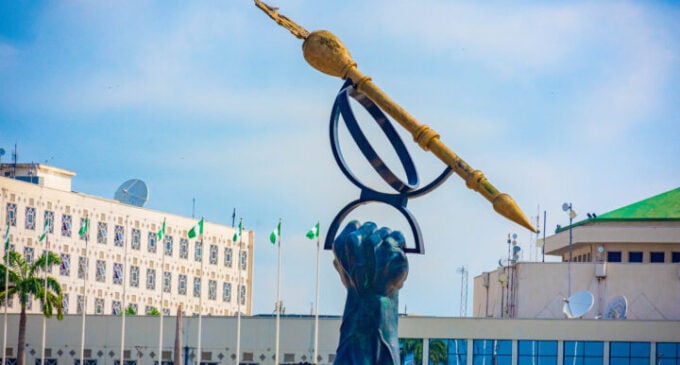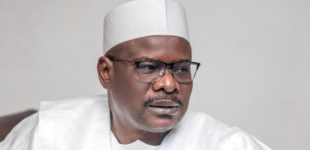CSO implores Tinubu to sign bill seeking to extend retirement age of n’assembly staff

The Alliance for Credible Legislative Conduct, a civil society organisation, has asked President Bola Tinubu to sign a bill seeking to extend the retirement age of national assembly staff.
The bill, passed by both chambers of the national assembly, is seeking to increase the retirement age to 65 years or 40 years of service, whichever comes first.
The existing law prescribes 60 years of age or 35 years of service for retirement.
Addressing a press conference in Abuja on Friday, Clement Afuye, chair of the CSO, said extending the retirement age of the staff would stabilise the national assembly.
“Considering the enormous work inherent within the parliamentary system, especially when compared to advanced democracies and the competencies and experience required to perform arduous legislative tasks,” Afuye said.
“Adding five more years to the tenure of staff of the national assembly will never exacerbate the unemployment situation in the country.
“It will rather stabilise the parliament, deepen its procedures and practices and increase its capacity to deliver for the good of our democracy and country.
“The added years, in our view, would help reduce cost, curb brain drain, retain critical mass of competent and experienced staff and ensure optimum productivity and effectiveness of the national assembly bureaucracy.
“It is based on the strength of the above that we passionately use this medium to call on President Bola Ahmed Tinubu, a former senator of the federal republic of Nigeria, to append his signature to this bill.
“Signing the bill will be an added cap on his reform efforts and a testament to his progressive and effective leadership style aimed at repositioning the nation’s economy and democracy as a critical member of the global community.”
He added that since 1979, when Nigeria transitioned from parliamentary to presidential system of government, the bureaucracy of the national assembly has been evolving and struggling to stabilise itself “in the face of competing challenges”.











There are no comments at the moment, do you want to add one?
Write a comment